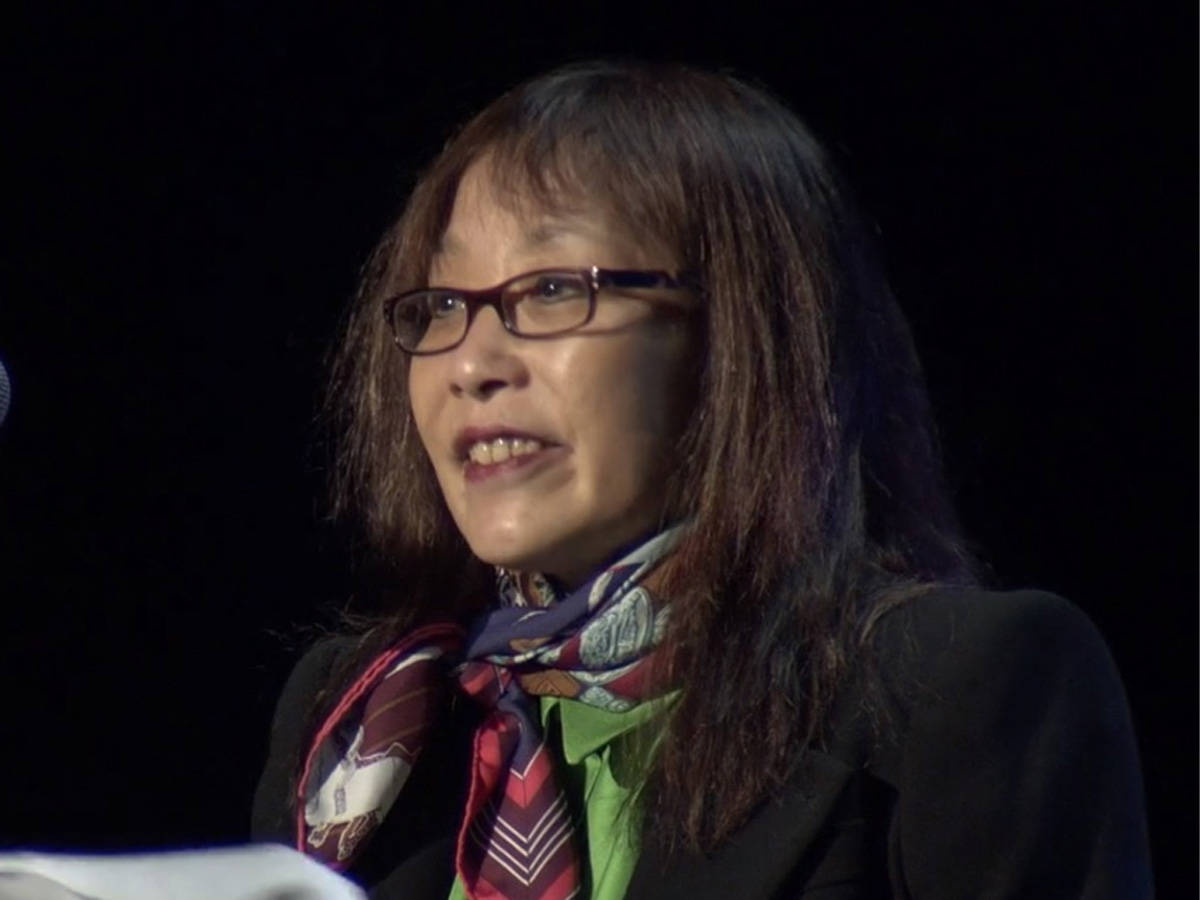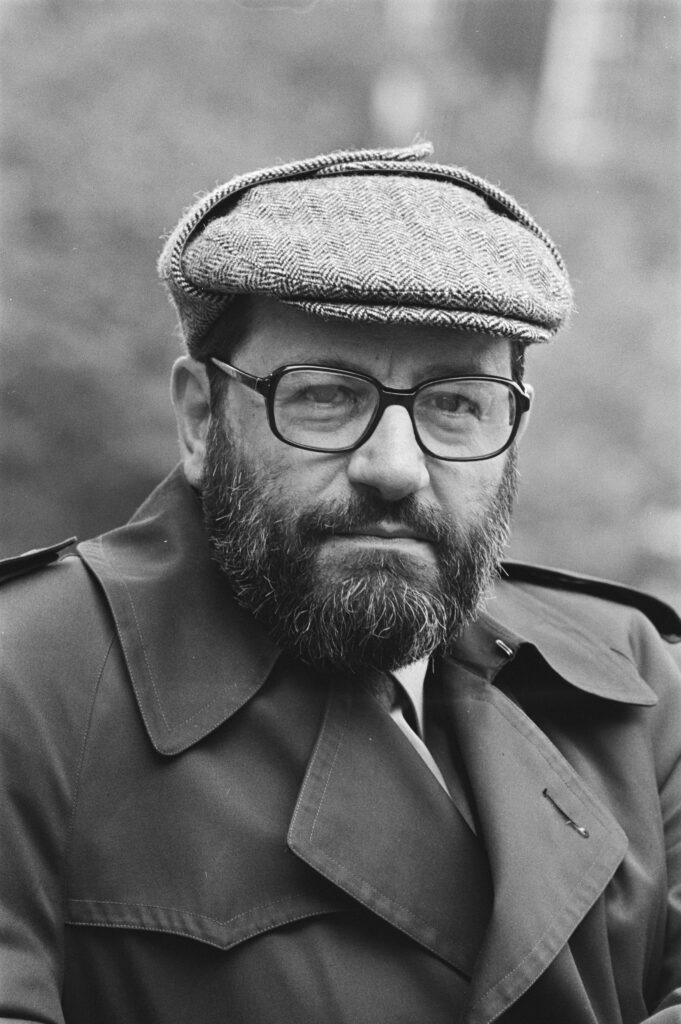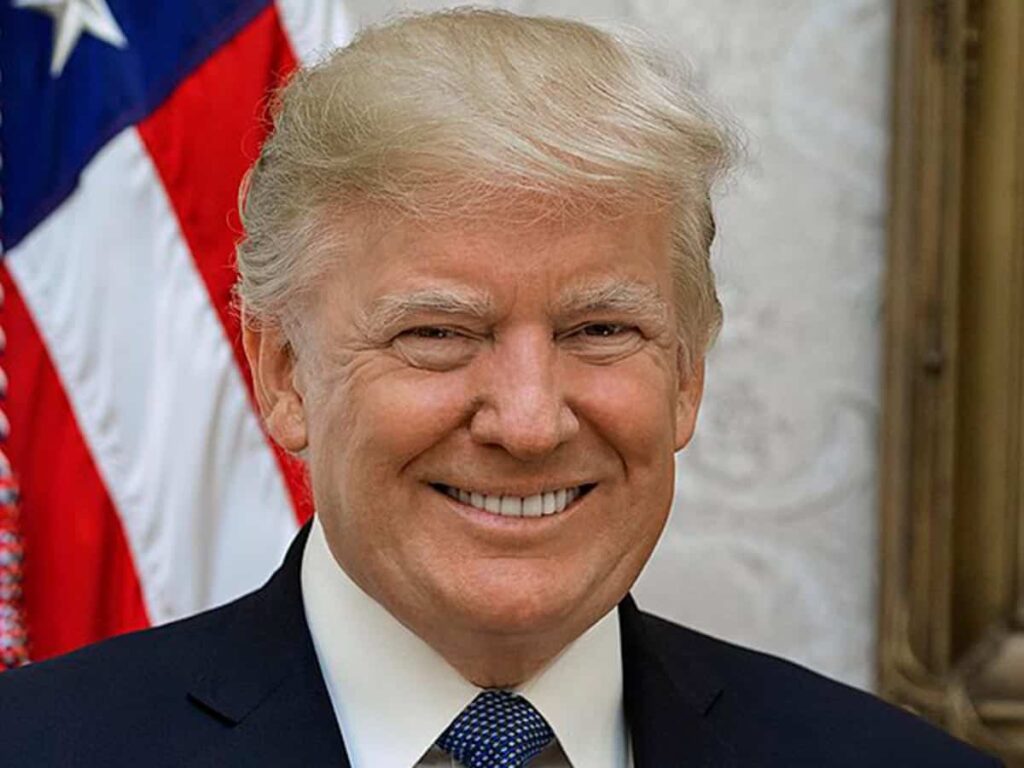
At a time when people cherish being lied to and self-deception started alluring people individually and collectively, how does truth hold the reins?
Does truth resemble beauty, proverbially lying in the eyes of the beholder? Yes, asserts Michiko Kakutani (1955), in his scintillating book, The Death of Truth: Notes on Falsehood in the Age of Trump (2018), lamented that truth increasingly seems to be in the eyes of the beholder, facts are fungible, and socially constructed. It heralds the era of pre-truth, where people tend to go with guts. It seems to be an area of pre-truth that draws its sustenance from the medieval idea that truth is hardly more than trust and reliability and resides inside the person. Since the post-truth debate owes much to Bush and Trump, Lee McIntyre( Post-truth, 2018) ropes in Biden to make pre-truth evident. For Biden, truth is hardly more than a subjective opinion as he reportedly asserted, “I am a very instinctual person, but my instinct turns out to be right’. It means truth no longer conforms to facts; evidence or facts have become nonfunctional. If so, it onsets pre-fascism, where the distinction between fact and fiction is blurred.
Untruth and Denial
Untruth, denial, and misrepresentation of reality make us notoriously insensitive to truth and engage us unwittingly in collective evil. It is not much-discussed post-truth, but the ever-growing acceptance of the illusion of being always right and a strong belief that truth resides in oneself surfaces time and again. If not dished out by the mainstream media at the behest of power, much-disdained unverified circulation of fake news has many positive connotations. In his seminal essay The Force of False (2000), Umberto Eco diligently spells out three constitutive elements of falsities. He believed that serendipity was the heart of most scientific discoveries. False belief prompts people to spread information, believing they are truthful, but the ever-growing mendacity poses a grave threat to our collective life.

Claudio Paolucci, the celebrated disciple of Umberto Eco, described it as a distinct tendency to believe in what is true but tell what is false. It creates a fake understanding of the university and wins the respect and acceptability of the regime. The dominant discourse of public awareness, set in motion by the mainstream media, hardly goes well with those stakeholders who are curiously bereft of cultural and social power. They seek some streams through which they can draw solace. Propagation of unverified facts or wrapping of the longing into news came to their rescue. It also took the shape of fake news. Eco zeroed in on this phenomenon and termed it “semilogical guerrilla warfare”, essentially a local and multiple forms of resistance against the centralized power of media. The source and the channel are an inseparable part of the communication process. Intriguingly, the source became the channel here, and the proliferation of new media technology and social networking sites fulfilled everyone’s wish to present his version as the final truth. Truth is not established or propagated by institutional power alone; individuals shape it through a technological matrix.
Technological matrix in truth
How does truth function in the public domain? Can literature disentangle it from systematic falsification? These pertinent and unsettling questions denote a colossal conspiracy to deny the truth. An all-pervasive post-truth phenomenon in human civilizations and political-literary theories must be discussed thoroughly. It is what the two-day International Conference organized by the Department of English, Aligarh Muslim University, does with a sense of academic rigour and remarkable ease.
It is not much-discussed post-truth, but the ever-growing acceptance of the illusion of being always right and a strong belief that truth resides in oneself has also come in a lively debate.
The conference was preceded by a series of lectures and panel discussions on the aspects of post-truth(s) and its representation in contemporary literature and Cinema by faculties from both within and outside the campus. The series featured talks by Prof Mirza Asmer Beg, Prof. Mohammad Sajjad, Prof. Aysha Munira Rasheed, and a valedictory address by Professor S N Zeba.
Beginning of a new era
The series commenced with a lecture by Professor Mirza Asmer Beg, Dean of the Faculty of Social Science, who delved into the shift from overt imperialism to a nuanced approach centred on obtaining consent. “Imperialism and colonialism somewhat faded, but the desire for dominance and control of the masses persisted; today, consent is obtained through nuanced coercion.

He argued that post-truth challenges the traditional reliance on truth and facts in shaping public discourse. The lecture concluded with an examination of Trump’s election, showcasing how the erosion of the concept of “truth” led to a dominance of subjective feelings over objective facts.
Professor Mohammad Sajjad, Department of History, Aligarh Muslim University delivered the second thought-provoking lecture. His talk, titled A Preliminary Attempt Towards Understanding Post-Truth, spanned various dimensions, tracing the evolution of post-truth, its impact on society, and its intersection with historical, political, and cultural contexts.
Prof Sajjad explored the concept’s origins, noting its roots in philosophies emphasizing the illusory nature of everything. The lecture addressed the distinction between post-truth and rumour, emphasizing the acute instability inflicted by capitalism, as described by Frances Fukuyama.
Living in make-believe world
“We as free people have freely decided that we want to live in a post-truth world,” he noted, adding that somewhere objective truth does exist because if it does not exist, we would not be speaking the truth at all.”
Professor Aysha Munira Rasheed spoke on Posting Truth in the Times of Post-Truth and provided a nuanced exploration of its implications on public opinion.
Beginning with a definition of post-truth as a circumstance where objective facts wield diminished influence over public opinion, Professor Rasheed highlighted the increasing role of emotions, leading to a trend of pandering to emotions for mass control. Drawing from Nietzsche’s philosophy, she illuminated the subject in light of the will to power and the nature of knowledge production. “In the human world, we produce very anthropocentric knowledge,” she said.
She emphasized the interconnectedness of post-truth and post-modernism, linking the multiplicity of truths to the realm of advertisements and challenging the notion of a single, objective truth. Referencing Akira Kurosawa’s Rashomon, Professor Rasheed also illustrated the postmodern Rashomon effect, where multiple narrators present different story versions.
Professor Rasheed also emphasized the potential for marginalized voices to reshape narratives through affirmative sabotage. “People sitting on the margins also get to have their say,” she noted, “and make their version of truth known to the world. We have ‘truths.'”
The Pre-Conference Lecture Series concluded by Professor S N Zeba, former Chairperson of the Department of English, who discussed the pervasive influence of post-truth politics, emphasizing that public debates are crafted for emotional resonance rather than rational discourse.
Politics and post-truth
She underscored the role of populist leaders as ‘merchants of post-truth,’ employing this phenomenon as a potent tool for manipulation. Instances such as Trump’s election victory, achieved through the dissemination of total falsehoods, were presented as stark illustrations of the impact of post-truth on political landscapes.
The conference saw the issue of post-truths from an interdisciplinary perspective with Dr. Raj Kumar, University of Delhi, and Prof. Shah Alam Khan from AIMS, New Delhi, talking about the ramifications of post-truth.
Post-truth in Dalit literature
Prof Raj Kumar brought up a bright aspect of the post-truth situation in his plenary lecture entitled Dalit Writings as Truth Speaking to Power. Leaving aside the term’s pejorative connotations, his paper tried to take the present time as an opportunity to write back to the Centre. “While a good reader may boast of loving Velutha with Rahel and Estha or pitying Lakha and Munnu, Dalit literature still has the sheen of a new and emerging area,” he said.
The audience was taken through an immersive history of Dalit writings while paying reverence to the path-breaking role of revolutionaries like the Phule couple, Ambedkar, Toral Gajarwala, Bama, and others in an inimitable heuristic manner.
Prof. Nadeem Ali Rezavi chaired the plenary session, further shedding light on the state of the Dalits known as Mehtar (better people) during the Mughal era. He said that the Muslim emperors, especially Akbar, gave thought to them, as some of the monuments give evidence.
Nothing is truer than truth
The day marked another riveting plenary lecture on Post-truth: Nothing is truer than truth by Dr. Shah Alam Khan, a professor of Orthopaedics at the All India Institute of Medical Sciences (AIIMS), New Delhi.
A well-known writer and columnist, Prof. Alam, initiated his talk by highlighting that perception is the biggest enemy of truth, and perception always remains more vital than truth. He interpreted Post-truth as “misinforming through rumour bombs that create a chain of lies and fake news”.
His talk focussed on literature and its significance at a time when ‘the centre cannot hold’. He mentioned the medical condition Pseudologica Fantastica (the irresistible urge to lie) to capture different threads of Post-truth.
Dr Alam drew a comparison between Darwinian theory and truth. Prof Alam also offered solutions- reading, deconstruction of meaning, distance from pseudo-science, and asked the audience to remain hopeful.
Distrust in official version
In his welcome note, Prof. Mohammad Asim Siddiqui, Chairperson, Department of English, commenting on the relevance of holding conferences on such varied topics like Anthropocene and Post-truth, which no one would have thought of a few decades back, established that the Department of English has this in its very foundation as Sir Walter Raleigh, first head of the department was more associated with pamphleteering in the backdrop of war, which may be called an essential instance of post-truth. Talking about the engagement with truth in postmodern writings, he commented on the roots of the post-truth phenomenon in the official words coming from the very seats of power and the resultant emergence of distrust towards the official version.
Reflecting on the Reflection(s) of Post-Truth Scenario(s) in the Mirror of Urdu Literature, Dr Rakhshanda Jalil, the chief guest of the event, proclaimed that post-truth is not a new phenomenon and not confined to a moment in time and that the word “post” here does not convey a temporal sense but is used in the context of truth as it gets eclipsed and manipulated in the hands of propaganda. She traced the emergence of post-truth phenomenon from Nazism to Balkan wars, to the dismantling of the Mughal Empire to the present regime in India, leading to “a gradual build-up of socio-political crescendo”. She said the intersection of literature and history gives rise to post-truth instances that speak across times.
Post-truth and Hindi cinema
The Plenary Session, addressed by Mr Anuj Kumar, the Deputy Editor of The Hindu, offered insights into the representations of (un) truth in Hindi Cinema, as Kumar emphasized how Cinema is catering to the popular demands for Post-truth representations, not only of the present but of the past as well, calling to distort even the historical facts.
Talking on the topic Post Truth and Hindi Cinema: The Anatomy of Hate Narratives and a Reason for Hope, he particularly cited movies like Kashmir Files, The Kerala Story, Aadipurush, Ghadar series, etc. commenting upon the intent behind producing such movies as he at the very outset of his talk emphasized that “in art, the intent is critical.”
Prof Nisar Ahmad Khan, Department of Economics, AMU, also enlightened the audience as he shared his views on Post-truth representations in the economic world. He discussed the famous Adani-Hindenberg issue and highlighted how truth can be misleading because of propaganda and false narratives. He explained the relation between power and post-truth as he talked about different regimes worldwide using lies and fake promises to come into power. He said that most of the time, informed choices are no longer informed but manipulated and influenced.
Universal truth does not exist
Dr Kishwar Zafir, the convenor of the conference, referred to the theories of truth propounded by Bhabha, who, in turn, quotes Foucault, who says that the idea of a universal truth no longer exists. She discussed dystopian writings like George Orwell’s 1984 and Margaret Atwood’s The Handmaid’s Tale as early representations of Post-truth in Literature. In a two-day conference, more than seventy papers were presented.
